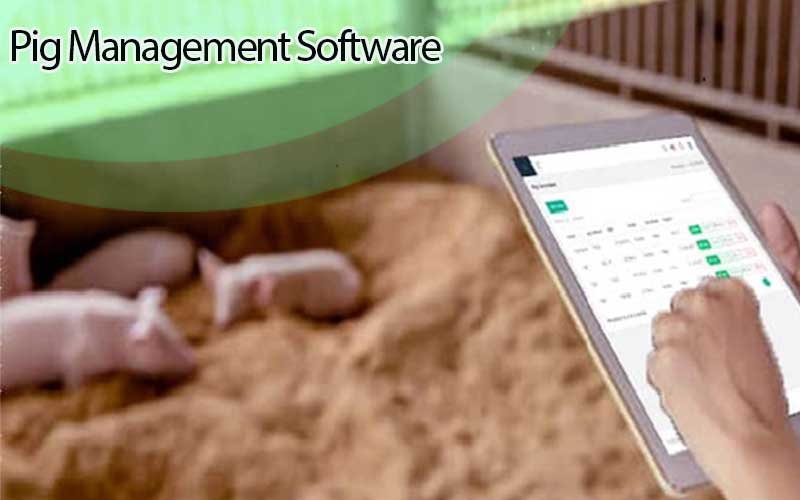Why Successful Pig Farmers keep proper management records
Imagine a person who started a business and doesn't know how much he has invested or how much revenue to expect or what products are giving him the best returns, or even where to improve, no doubt, this business is going to plunge.
Well just like any business today, pig farming is a business venture that requires proper record-keeping practices. In fact, record keeping is so important that it can make the difference between success and failure in the pig farming industry. Before we go over the importance of record keeping, let us see which tool can help us keep proper records on the farm.
Best tool for proper record keeping
The best tool for keeping proper records on the farm is a pig management tool called pigax. This tool is an online software that allows farmers to record all day-to-day activities on the farm and keep track of the growth, health, and performance of the pigs on the farm for better productivity. You can create an account and start now for free.
Importance of proper management records
Monitor health and well being
By tracking each pig's weight, feed intake, and any medical issues that arise, farmers can quickly identify pigs that may be sick or underperforming, and take action to address the problem. This can help prevent the spread of illness among the pigs, and ensure that all pigs are receiving the care and nutrition they need to thrive.
Track overall performance
By keeping records of the growth and development of the pigs, farmers can identify trends and patterns that may indicate a need for changes in their management practices. For example, if the pigs are not gaining weight at the expected rate, the farmer may need to adjust their feeding regimen or consider other factors that could impact the pigs' growth.
Fast decision making
Another important reason for keeping records on a pig farm is to support decision-making. Accurate and up-to-date records can provide valuable information that can help farmers make informed decisions about breeding, feeding, and other aspects of farm management. For example, records can help farmers determine the best time to breed their pigs and can provide valuable data that can be used to select the best sires and dams for future litters.
Government regulations
By keeping records that document the health and well-being of their pigs, farmers can provide the information that government regulators need to ensure that the farm is operating in compliance with the law. These laws regulate the business activities of farmers around the community and when pig farmers abide by them, they are permitted to do business.
Track Expenses and revenue
By keeping records of feed costs, veterinary bills, and other expenses, as well as revenues from the sale of pigs and their products, farmers can have a clear picture of the farm's financial performance and can use this information to make decisions about how to allocate resources and manage their budget.
Building Farms reputation
By keeping accurate and up-to-date records, farmers can demonstrate to their customers and partners that they are committed to running a responsible and sustainable operation. This can help to build trust and credibility and can be an important factor in attracting and retaining customers and business partners.
Note that proper record-keeping is a continuous activity, not a one-time task. In order to get the best insight from your piggery business, you must be consistent in maintaining accurate records. This is how you are sure that the decisions you make for the farm are sure.
So by tracking the health and performance of your pigs, and using this information to make informed decisions, you can ensure that your pigs are healthy and thriving and that your farm is operating at its best. In addition, accurate records can help you meet regulatory requirements, manage finances, and maintain the quality and reputation of your farms.




